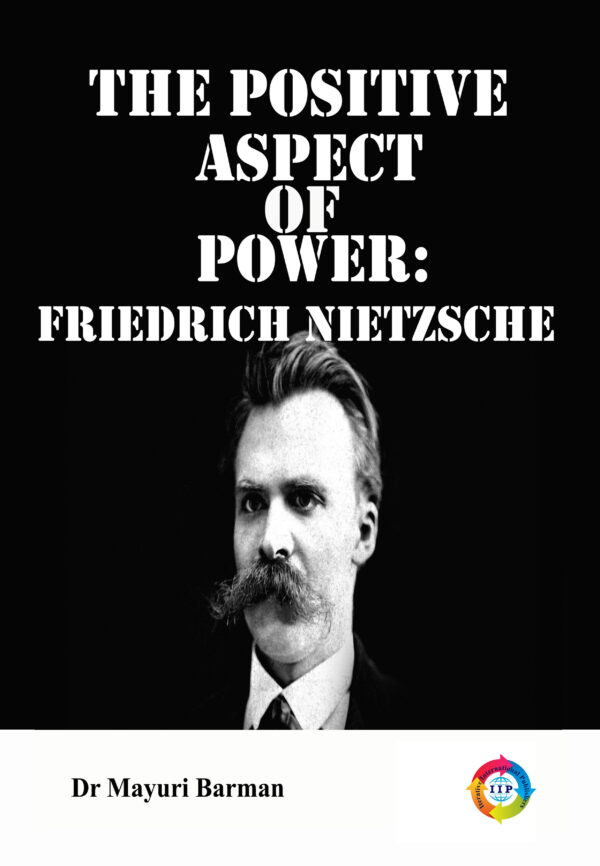Nietzsche, more than any other philosopher of the past hundred years, represents a major historical event. His ideas are concern not only to the members of one nation, but to men everywhere. He has been assigned a great place in the grand tradition of western thought and his fame has spread like wild fire.
The present book aims to find a positive aspect of power. The book is divided into four chapters. Chapter 1 outlines the historical background Friedrich Nietzsche’s life. The purpose of this chapter is to show how he has assigned a great place in the western thought and seeks to furnish the background required for an understanding of Nietzsche’s thought. Chapter 2 seeks to show how he declared himself the destroyer of old values to clear the way for the virtue of strength against weakness. But before Nietzsche there are also some other German philosophers who developed a comprehensive philosophy and their philosophy has greatly influence Nietzsche. Chapter 3 shows how his mission is to sweep away the shibboleths behind which western man had been sheltering. His aim is to strip men of their illusions. Chapter 4 discusses about Nietzsche’s philosophy of power entails the repudiation of the pleasure principle as a moral standard. Nietzsche’s power standard may be illuminated further by comparing it in some detail with the pleasure standard. According to Nietzsche, men feel a life devoted to the pursuit of power to be a more satisfactory human life than a life devoted to the pursuit of happiness. Here, it discusses how Nietzsche’s conception of power is inextricably linked to the tradition of Plato, Spinoza and Schopenhauer. Chapter 5 lastly describes Nietzsche’s concept of will to power. Nietzsche does not evidently mean by power “worldly power” and social success. In the ‘Dawn’ Nietzsche uses both fear and will to power, as fear is considered by him as negative motive and will to power as positive aspect which would make us strive for something. Thus it presents the development and enunciation of his specific philosophy of ‘will to power’ and its consequences and ramification.










Reviews
There are no reviews yet.